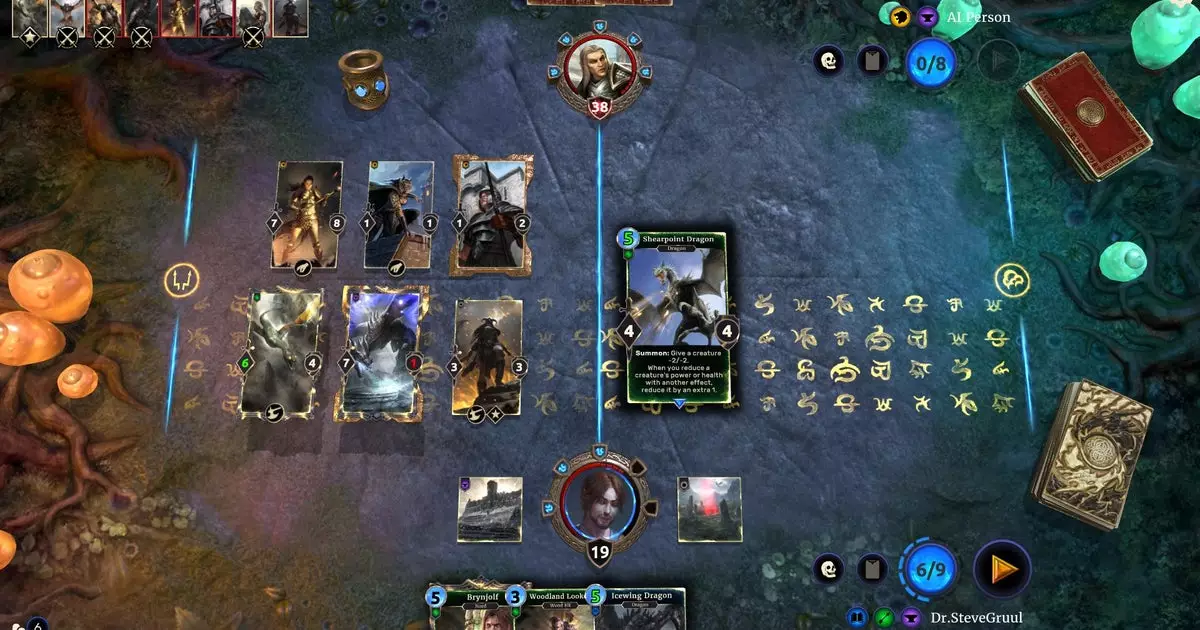The recent announcement regarding the impending closure of *The Elder Scrolls: Legends* has sent ripples through the gaming community that once embraced this free-to-play card game set in the rich lore of Bethesda’s fantasy universe. After being removed from sale on Steam, the fate of this once-promising title is now sealed, with servers set to shut down permanently on January 30, 2025. This notice not only marks the end of an era for its passionate players but also highlights a troubling trend in the gaming industry concerning the sustainability of live service games.
Development Stagnation and User Engagement
The crux of the issue lies in the game’s longevity, or rather the lack thereof. It has been five years since *Legends* received its last update, leaving the game floundering with outdated content while newer and more dynamic titles gained popularity. When it was first released, *Elder Scrolls: Legends* was hailed for innovating on the formula established by *Hearthstone*, particularly due to its unique rune system. However, with a drop in player engagement and no new expansions post-2019, it became increasingly evident that the game’s developers had lost faith in its potential.
Despite offering intriguing mechanics that could have captivated a broader audience, *Legends* ultimately failed to ignite the fervor needed to sustain a thriving player base. This has led to a sense of bitterness among its remaining users, who now find themselves feeling neglected amidst a wave of game cancellations and service closures prevalent in the gaming industry.
The Fragility of Live Service Games
One of the most distressing aspects of this situation is the broader implications it has for the landscape of live service games. Players invest time, money, and emotional energy into titles like *Legends*, often expecting those investments to yield long-term enjoyment. The abrupt shutdowns without an offline mode or any chance for future re-engagement leave players feeling jilted. This pattern raises significant concerns over how the industry values its consumer base and their contributions to gaming culture.
When comparing the gaming industry to other media landscapes, such as literature or film, one must question whether such negligence toward a product’s fate is ever seen elsewhere. Does any other medium discard their work with such a cavalier attitude? The frustration stems not only from a sense of loss regarding the game but also from the realization that countless hours of development, creativity, and community engagement can evaporate in an instant.
As the countdown to January 30, 2025, continues, *The Elder Scrolls: Legends* serves as a poignant reminder of the fragility of live service games. Its shutdown creates an urgent call for reflection within the gaming community and industry stakeholders alike. The preservation of gaming culture necessitates a reevaluation of how games are supported and the commitment made to their players. Ultimately, it is imperative for developers and publishers to consider the long-term impacts of their decisions and to treat their creations and community with the respect they deserve. Only then can we hope to avoid more of these impromptu farewells in the future.

